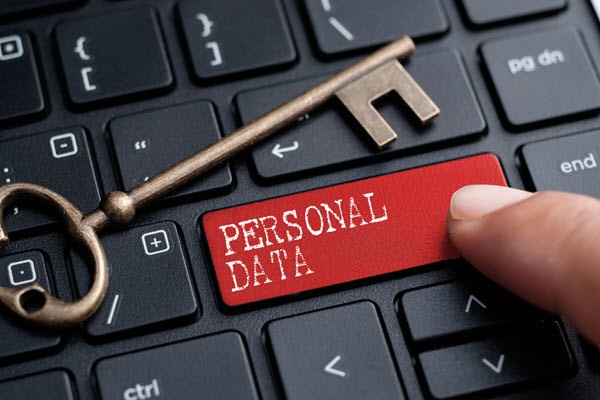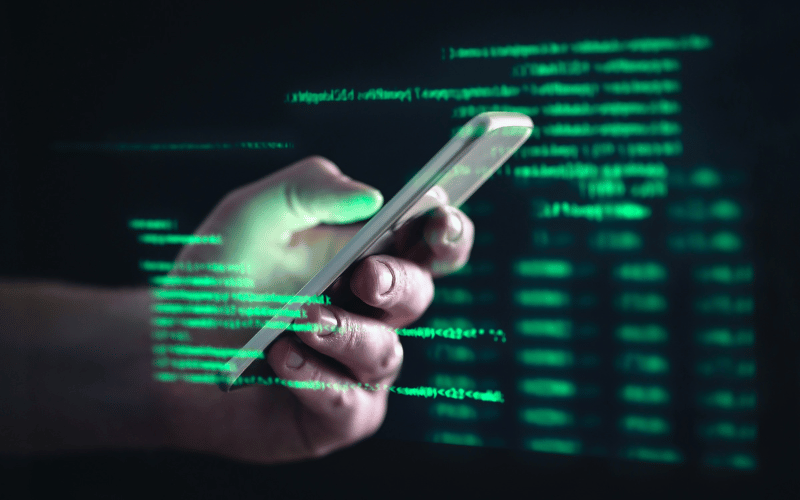The risks to privacy from collecting and storing personal information?
Collecting and storing personal information can seriously threaten privacy in many ways. First, it can be accessed by unauthorized parties, like hackers or insiders, leading to identity theft and fraud. Second, when data from different sources is combined, it can create detailed profiles used for surveillance and targeted advertising without permission. Also, misuse of personal data by companies or governments can violate rights, erode trust, and fuel discrimination. Plus, keeping data for too long raises the risk of it being misused over time. To protect privacy, strong safeguards are needed for handling personal data.


How can computing resources be misused and how can it be protected?
Computing resources can be abused in various ways, like unauthorized access, malware attacks, or for illegal activities such as DDoS attacks or cryptocurrency mining. Also, they can be used for hacking, data theft, or spreading malware. To prevent this, strong cybersecurity measures are vital, like updating software regularly, using antivirus software, controlling access tightly, encrypting sensitive data, and training employees on cybersecurity. Additionally, organizations should use network monitoring and intrusion detection systems to catch and address any suspicious activity quickly.


How unauthorized access to information is gained?
Unauthorized access to information happens when people exploit software weaknesses, trick others into giving away login details through phishing, or abuse their insider privileges. Weak passwords, poorly set access rules, and lack of encryption can also make unauthorized access easier. Once accessed, the information might be used for harmful purposes like identity theft or fraud. To stop this, organizations should use strong security measures like multifactor authentication, regular updates, phishing training for employees, strict access controls, and monitoring for suspicious activity.

